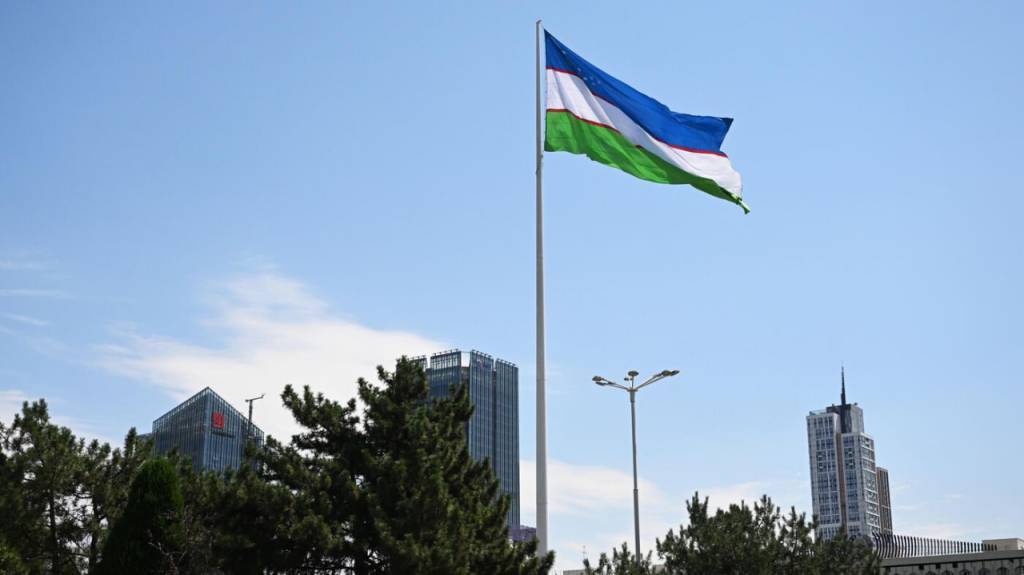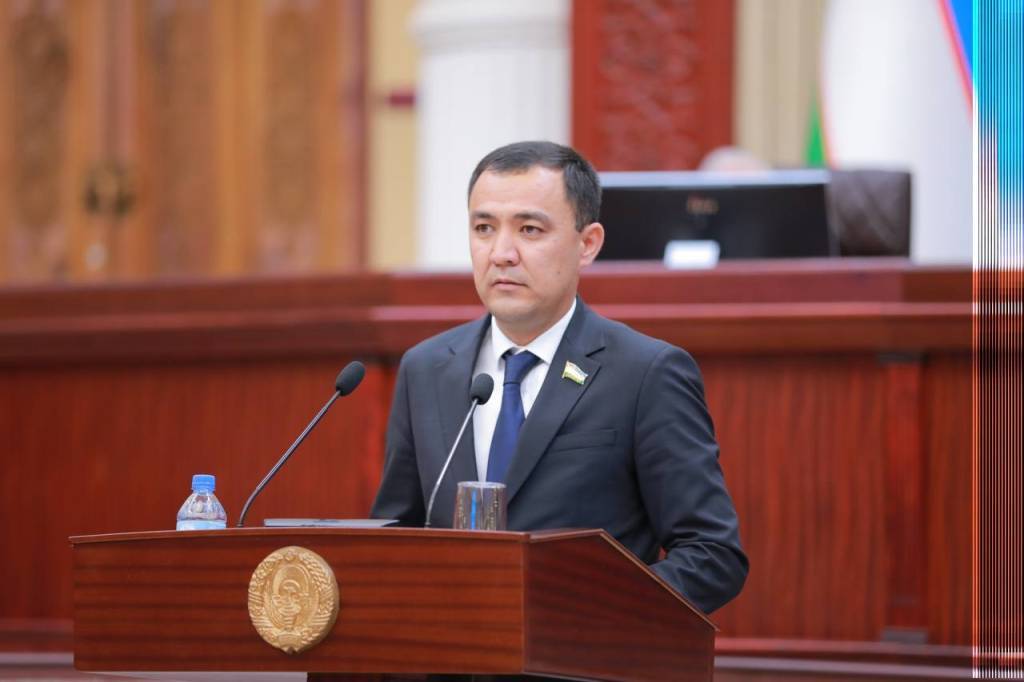
The “Uzbekistan-2030” Strategy, which includes five directions and a hundred main goals, is essential.
It was developed based on the experience gained in implementing the Development Strategy of New Uzbekistan and broad public discussion. It can be called an indeed people's document.
What is planned for the next seven years in the second main direction of the Strategy – “Ensuring the well-being of the population through sustainable economic growth”?

The goal is to achieve Uzbekistan’s entry into “upper middle-income countries” ranks by increasing the gross domestic product to $160 billion and per capita income to $4 thousand. Of course, it is not so easy to achieve this goal. But, as the Head of state noted, we have specific calculations and real opportunities in this direction. Our natural and labor resources, intellectual and spiritual potential, and work experience are sufficient.
Several priority tasks have been defined to increase the investment attractiveness of our country further, accelerate the development of the securities market, accelerate reforms in the banking system, increase the volume of the banking services market, and develop competition in industries.
By 2030, investments worth $250 billion will be disbursed. The volume of trading in freely traded securities will reach $8 billion, and annual banking and financial system lending will reach $40 billion. An increase in the volume of bank deposits has been determined by 4 times. All banks will be privatized, and 3-4 will remain in state ownership. At least 4 large and prestigious foreign banks are involved in the financial market.
There is increasing interest in the country in the Islamic financial system, which has been rapidly conquering the global financial market in recent years. In our country, there is a growing need to use the service of an alternative credit system, which is actively developing in non-Muslim countries. As experts note, if this system is fully implemented in Uzbekistan, this will provide additional attraction of up to $10 billion. The “Uzbekistan-2030” Strategy considers this issue, confirming that the document was developed based on the people’s wishes. In particular, the criteria and procedure for Islamic financing will be introduced in 3 commercial banks.
Priority tasks have been defined on the most painful issue for our country today – the transition to a “green economy”, and a sharp increase in renewable energy sources. In particular, these include increasing the share of renewable energy consumption to 40 percent through the development of the market for “green certificates” in industry, switching public transport in cities to environmentally friendly fuel, doubling the energy efficiency of economic sectors, and complete digitalization of accounting for all types of energy resources.
It should be noted that work began long ago on building New Uzbekistan, ensuring the implementation of some points of the “Uzbekistan-2030” Strategy, the primary document in building the foundation of the Third Renaissance. The resolution of the Head of state “On measures for the high-quality and timely implementation of the “Uzbekistan-2030” Strategy in 2023, adopted by this document, will undoubtedly intensify work in this direction.
Jamshid QOSIMOV,
Deputy of the Legislative Chamber of the Oliy Majlis.
UzA








